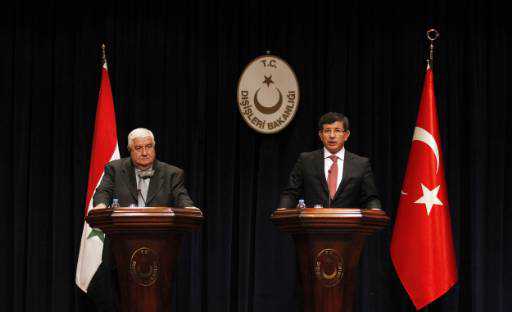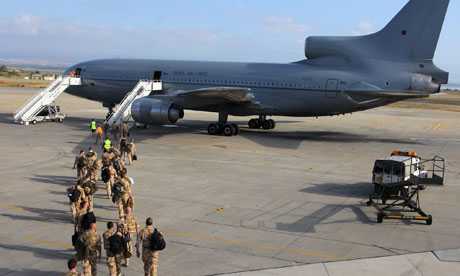By Marco Vicenzino, who provides geo-political risk analysis and regular commentary for global media outlets and is director of Global Strategy Project (THE GUARDIAN, 12/12/10):
Although Palestinian survival has been largely sustained by Arab countries, it is the Turkish government of Recep Tayyip Erdogan that has emerged as the Palestinians’ most resolute spokesman. By backing its rhetoric with diplomatic muscle, Turkey most recently influenced Brazil and Argentina to recognise an independent Palestine. Other Latin American countries will soon follow. In addition, Turkey is actively harnessing international support to end the Israeli blockade of Gaza.
Despite general public sympathy for the plight of Palestinians, Turks are not united on ways of showing this support. Secular Turks allege that religiously inspired NGOs, with government encouragement, exploit the Palestinian cause to promote and strengthen themselves domestically and abroad. The recent flotilla fiasco off Gaza provides a prime example.
It is common in the Middle East to attribute Arabs’ misfortunes to western colonialism and nearly four centuries of Ottoman rule. While significant antipathy toward the west persists, there has been a considerable shift in Arab public opinion toward Turkey in recent years. Turkey is increasingly looked upon by Arabs as “what we should be”.
It has garnered enormous respect for its achievements and growing influence in the region. Although a majority Sunni state, Turkey thus far has been able to rise above the Sunni-Shia divide evident in many Arab and Muslim-majority states – shrewdly converting it into valuable political and diplomatic capital.
After several false dawns, the Arab street remains largely cynical and frustrated. While pride in ancestors’ achievements provides some comfort, it is usually overwhelmed by current realities.
Few if any leaders provide inspiration. Slow strides in Iraq seemed destined to be followed by greater slowness and fewer strides. Despite transparent elections, Palestinian infighting undermines real hope. After decades of martial law, ambiguity surrounding Egypt’s succession hangs like a dagger over its future. Assad’s fiddling with free markets and tight grip in Syria provides no vision or certainty for the next generation. Considerable progress in Jordan is difficult to replicate beyond its borders as its ability to influence others is limited by internal challenges and regional realities. Despite apparent progress, Lebanon remains a fragile powder-keg that could explode at any moment. The resource-rich pre-emerging market of Libya remains subject to the whims of an ageing autocrat whose stability is questioned clandestinely at home and openly abroad.
The constantly recurrent question in western policy circles is whether Turkey can serve as a model for Arab states.
While Turkey can serve as an inspiration and provide useful lessons, it cannot be a model. The unique dynamics and historical context within which the modern Turkish republic developed cannot be replicated. Contemporary Turkey is still evolving democratically. Internal power struggles, the Kurdish issue and the broader path to reform are just some reminders of the arduous road ahead. The government must strike a balance. With enormous challenges at home, it must avoid overreach abroad.
With the overwhelming majority of Arab populations under the age of 30 confronting a bleak future, a demographic timebomb is ticking in the region. This further underscores the need for Turkey’s leadership to encourage its private sector to seize the initiative in the Middle East and unleash its potential. By creating opportunities it can help relieve regional pressures and contribute to a soft landing.
Change in the broader Middle East will occur most effectively through an evolutionary process marked primarily by economic growth and not imposition of external designs. Gradually, over time, the potential for further reforms will increase. When needed, Turkey’s politicians should provide a gentle touch but leave it to its businessmen to produce results. After all, Turkey’s most effective ambassadors come from its private sector.
For four centuries ending with the first world war, major decisions dictating the course of Arab history were largely made from Istanbul. History will not repeat itself. However, after nearly a century of absence, the return of real Turkish influence to Arab capitals, in a more benign form, must be welcomed. It is also fundamentally essential to the gradual transformation of a region whose instability poses a constant threat to global order.
via Can Turkey show Arab states the way to a brighter future? « Tribuna Libre.






